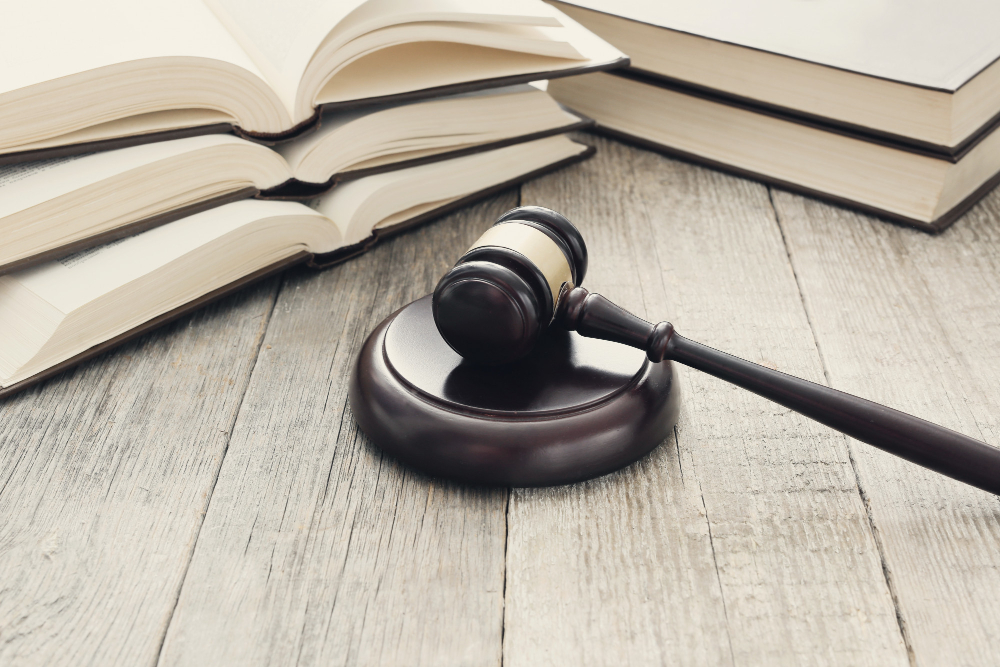
Introduction
In the tapestry of Indian democracy, the right to be heard stands tall as a fundamental pillar of justice and fairness. Embedded in the principles of natural justice and fortified by constitutional provisions, this right empowers individuals, ensuring that their voices are not only heard but also given due consideration in legal proceedings. This article explores the significance, evolution, and application of the right to be heard under Indian law.
Constitutional Safeguards
The right to be heard finds its roots in the Constitution of India, which guarantees various fundamental rights under Article 21, the Right to Life and Personal Liberty. The Supreme Court of India, in a series of landmark judgments, has expansively interpreted this article to include the right to be heard as an essential facet of personal liberty.
Fundamental Principles of Natural Justice
Under Indian law, the right to be heard is synonymous with the principles of natural justice. These principles mandate fairness, impartiality, and reasonableness in decision-making processes. Two cardinal principles, namely audi alteram partem (hear the other side) and nemo judex in causa sua (no one should be a judge in his own cause), emphasize the right to be heard and an unbiased tribunal. Administrative bodies, quasi-judicial authorities, and courts alike are bound by these principles, ensuring justice is not only done but is also seen to be done.
Audi Alteram Partem: This Latin maxim translates to “hear the other side.” It signifies that no person should be condemned without a fair hearing. Indian courts have consistently upheld this principle, ensuring that both parties in a dispute have an opportunity to present their case and evidence.
Nemo Judex in Causa Sua: This maxim means “no one should be a judge in his own cause.” It implies that a decision-maker should be impartial and unbiased. This principle underlines the importance of an independent judiciary in upholding the right to be heard.
Case Laws Shaping the Right to Be Heard
A. Maneka Gandhi v. Union of India (1978): In this pivotal case, the Supreme Court broadened the horizons of personal liberty under Article 21, emphasizing that the right to be heard is inherent in the principles of natural justice and, therefore, a constitutionally protected right.
B. A.K. Kraipak v. Union of India (1969): This case established that the principles of natural justice, including the right to be heard, are applicable not only to judicial and quasi-judicial bodies but also to administrative functions. Administrative actions devoid of this fundamental right were deemed arbitrary and in violation of Article 14, the Right to Equality.
C. S.M. Datta v. Union of India (2001): The Supreme Court ruled that even in cases of emergency detention, the detained individual has the right to make a representation against such detention, thereby emphasizing the inviolable nature of the right to be heard, even in extraordinary circumstances.
D. State of Orissa v. Dr. Binapani Dei (1967): In this case, the Supreme Court held that the right to be heard is a fundamental right, and a person cannot be condemned unheard, even in cases involving disciplinary actions.
The Evolving Landscape
In the digital age, the right to be heard has transcended physical courtrooms. Virtual hearings and online platforms have ensured that individuals, regardless of their geographic location, can exercise this fundamental right. Technological advancements have democratized access to justice, making the legal system more inclusive and efficient.
Conclusion
The right to be heard remains the cornerstone of the Indian legal system, ensuring that justice is not a mere abstraction but a tangible reality for every citizen. Through constitutional mandates, principles of natural justice, and progressive judicial interpretations, India has established a robust framework that upholds this fundamental right, empowering individuals to speak up, present their grievances, and seek redressal. As the legal landscape evolves, the right to be heard continues to be a beacon of hope, fostering a society where every voice matters and where justice prevails.









